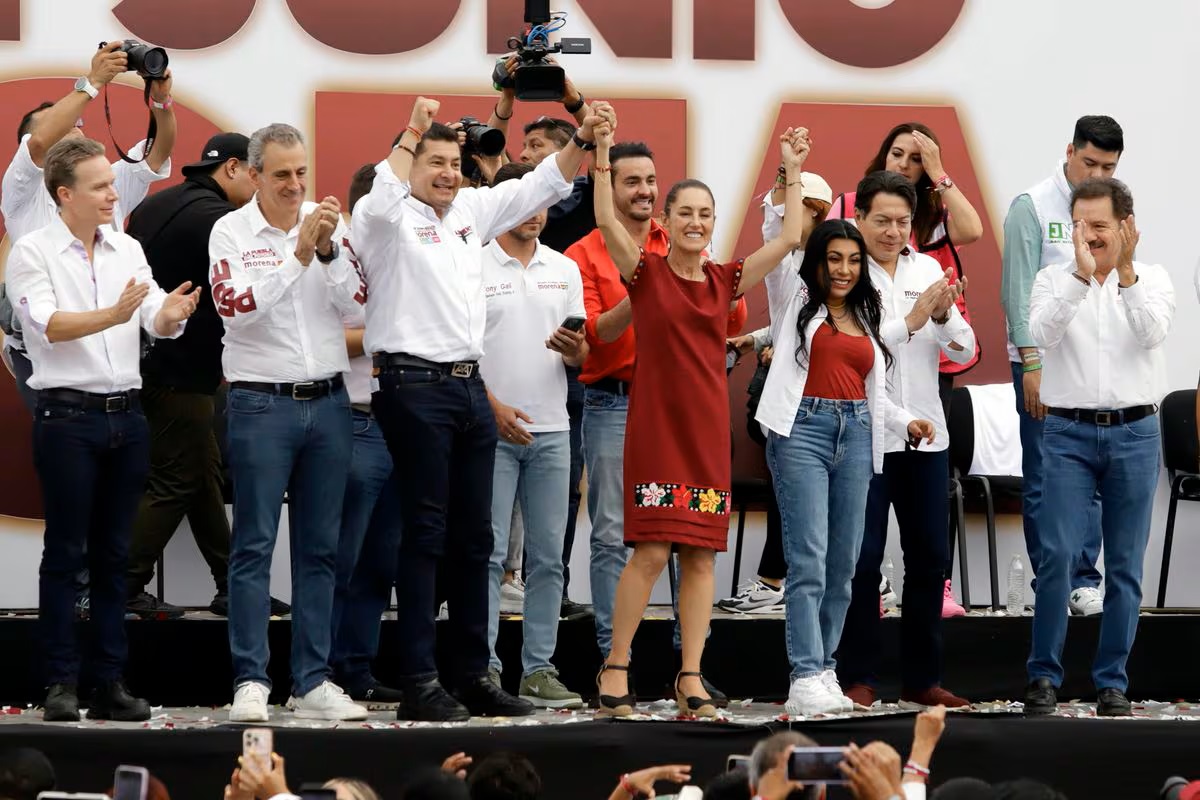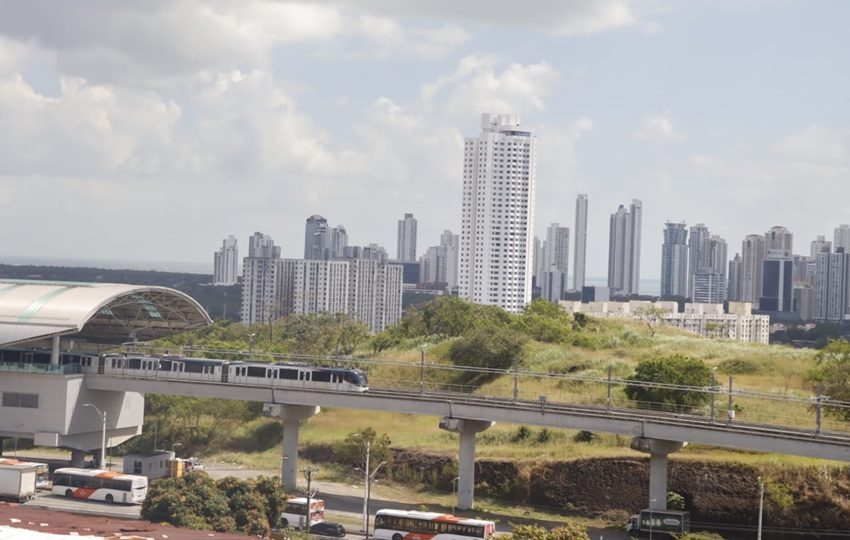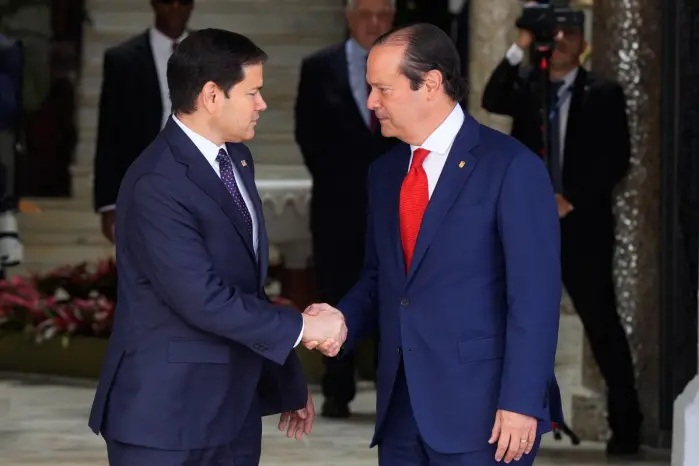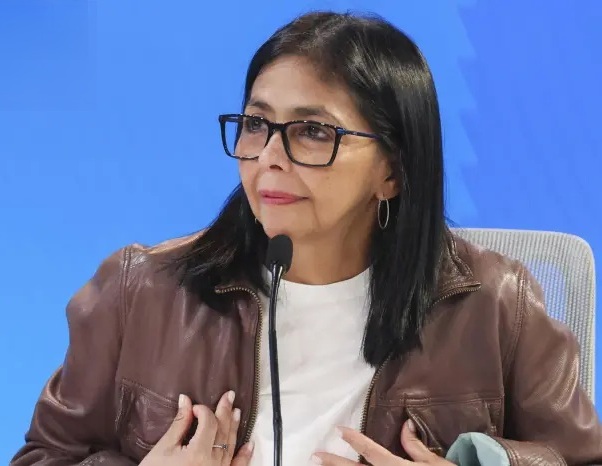Mexican Elections Sunday June 2 2024 – 30 Candidates Murdered – 2 Femicides Daily

Sunday June 2, Mexicans have a date with the polls in the largest elections in their history, with more than 20,000 positions at stake and with the official candidate Claudia Sheinbaum as the clear favorite to win the Presidency, all in the midst of a campaign also marked by violence, in which around thirty candidates have been murdered. The campaign started on March 1 and since that moment there has been no survey that questioned the victory of Sheinbaum, who stands at around 50% in voting intention, ahead of the opposition candidate, Xóchitl Gálvez, who has deflated over time to about 20 percentage points behind the Morena candidate.
The ‘dolphin’ of President Andrés Manuel López Obrador, former mayor of the capital, has promised that she will continue with the political legacy with which she has achieved her high popularity and approval ratings, as well as with her proposal to combat violence, which distances of the punitive measures of previous governments in favor of actions more focused on tackling poverty and inequality.
Although the margin with her opposition competitor has been reduced in recent weeks, it continues to be more than wide according to most of the polls, although not insurmountable. Gálvez hopes to achieve the hidden vote of millions of Mexicans, as well as those of the third in the running, a testimonial Álvarez Máynez.
Gálvez is the bet of an opposition that, if the polls are successful, will prove incapable of reversing the popularity of López Obrador thanks to his social policies in large areas of the country, relegated to oblivion by formations such as the Institutional Revolutionary Party (PRI) with 70 years of governments.
Despite the media and institutional support given to him by the acronym that makes up the ‘Strength and Heart for Mexico’ coalition -PRI, the National Action Party (PAN) and the Party of the Democratic Revolution (PRD)–, Gálvez has not been able to place himself at the top of the preferences of the residents of his native Tepatepec, an agricultural town in the center of the state of Hidalgo.
These three months of campaign have also been marked by the murder of thirty candidates, the last of them this week in Coyuca, in Guerrero, as well as by the unfortunate episode during a Máynez event in Nuevo León, where the collapse of one scenario caused the death of nine people.
Violence has been mainly caused by proposals in localities and small towns, where the presence of the State continues to diffuse due to the power maintained systemically by organized crime and cartels.
The Organization of American States (OAS), which has condemned the recent episodes of violence and murders during the campaign, is confident that “citizen participation and mobilization will overcome fear.” The organization is already in the country with an electoral observation mission.
Despite the figures, President López Obrador has highlighted that the rates of violence are lower compared to previous years and has criticized the, in his opinion, “sensationalism” that some media outlets have been making of this matter for purposes, has said, electoralists and “politicians.”
The Government announced this week that more than 27,000 Army and National Guard troops will be deployed to guarantee the security of the almost 100 million voters, out of a population of some 129 million people.
In addition to the dispute – just one round away – for the Presidency of the country, the almost 100 million Mexicans who are called to the polls also have on their ballot the designs of the new Congress, made up of almost 630 seats between the Chamber of Deputies and Senate, as well as almost 20,000 other positions.
Among them are those of the headquarters of Mexico City and its 16 mayoralties, as well as the governments of the states of Chiapas, Morelos, Tabasco, Guanajuato, Jalisco, Puebla, Veracruz and Yucatán, and their respective local entities.
The official coalition ‘Let’s Keep Making History’ – formed by Morena, the Labor Party (PT) and the environmentalists (PVEM) – aspires in turn to expand the majority it has in Congress, as well as to defend its main bastion, Mexico City, where until now Claudia Sheinbaum served as head of government.
Sunday’s elections are framed within a quite exceptional period in the recent history of Mexico, since for the first time in its history everything suggests that a woman will be chosen to direct the life projections of Mexicans for the next six years.
Whether it was Sheinbaum or Gálvez who won the elections, both represent the long-standing struggle not only of Mexican women, but of those around the globe, to occupy those spaces traditionally reserved for men.
The winner will have the challenge of returning that effort and promoting equality in a country where two femicides are recorded a day, which means that, for decades, more than 3,000 women and girls have been murdered for being female.





